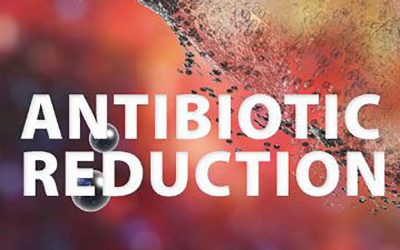Food safety measurements for developing nations
Meeting the rigorous demands of the modern consumer while still managing a profitable food value chain, is not as simple as it seems. Food safety has become increasingly important over the years to ensure continuous trust in and profitability of the food value chain.
Maintaining high animal feed and food safety standards while l combining this with profitable and affordable food production has become an enormous challenge to everybody linked to a successful animal feed and food related business.
Consumer rights
The consumers of today live in an environment where most of them, even in far-off places, are more informed and made aware of consumer rights, and are increasingly protected by laws. Where consumers have been pretty much ignored in the past, they have become an essential part to determine new directions in the feed and food chain and the challenges those industries have to face. However, activists, law makers and consumers that are often able to afford higher priced foods and in essence promote less affordable and non-profitable food production, may in future have to take responsibility for certain of their activities, especially in developing countries, as the significant portion of those populations are poor and most of the time more concerned about where their next meal comes from rather than whether it is safe. The recent reaction and protests by consumers in Mozambique, when the government decided to increase bread prices, bear testimony to this.
Regulations cannot be copied
Non-profitable food production may also force food producing companies out of business and could create food shortages or increased prices with disastrous consequences. There is a marked difference between the economies of developed and developing countries. Law makers and Regulators of developing nations should therefore be careful when copying regulations of those that can afford the implementation of stringent food safety laws. In each country the norms and standards should consider and reflect the needs of the majority of their population not just a small elite part, and most importantly still allow for affordable and profitable food production. Finally, it is my view that food safety measurements, enforced through “sensible” minimum country and population “specific” guidelines and regulations, should form the base for each nation’s own food safety requirements. To meet everyone’s needs simultaneously, is for all intents and purposes impossible. Yet, this is exactly what consumers of all categories expect and several new legislations demand.
New demands on labelling
In South Africa a new Consumers Protection Act (CPA) for further protection of consumers, will be introduced in April 2011. For the animal feed industry this Act will now officially demand, amongst others, more detailed and specific information on product labelling. Although the intent of this Act is good, certain required information on labels could sometimes be misinterpreted by the uninformed or less educated. A good example is the required statement on whether a product may contain genetically modified organisms (GMOs) or whether the GMO content is less than 5%. GMO’s are either safe or they are not; why do we leave it to consumers to determine that
Confusion
Many other examples such as this also occur and will confuse people and make them unnecessarily suspicious about the products they consume; often about nothing. In fact, when specific food safety/quality parameters are challenged, rather than just falling back on what has been stated (or is absent) on a label, should food retail stores not take more, but informed, responsibility and co-operate with others in the food value chain to make themselves fully aware of the safety/quality (that really matters) of their food products before they sell them?











